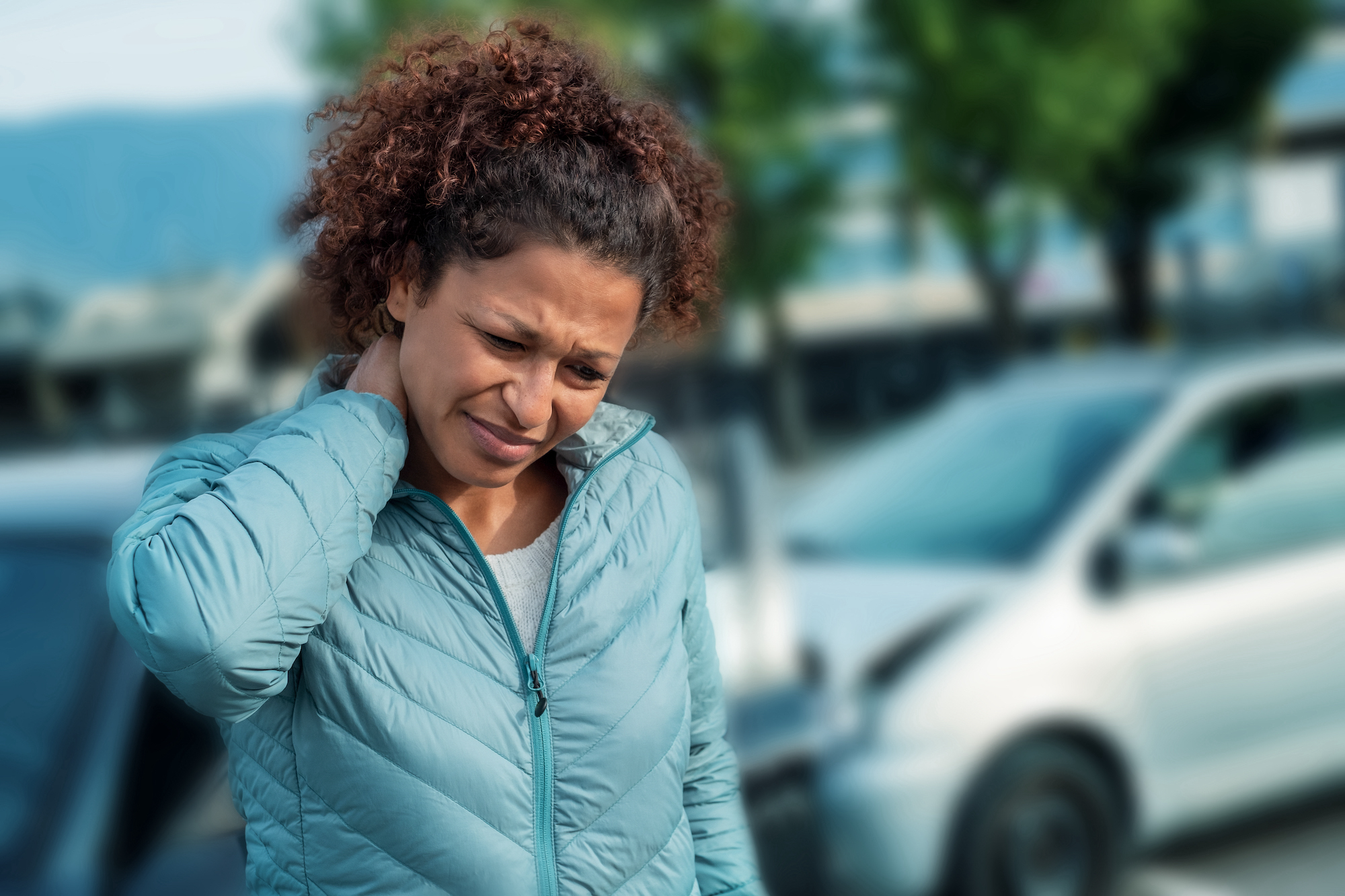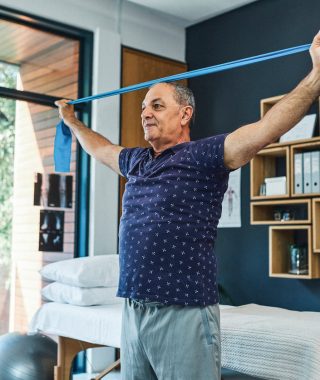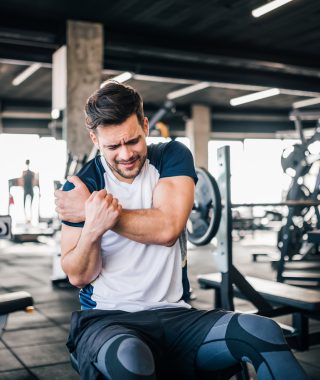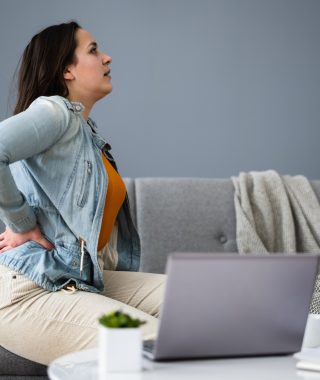According to ICBC, in 2022 more than 23% of car crashes in British Columbia resulted in an injury. That means more than 68,000 British Columbians sustained a car crash injury in one year alone. Those who have been in an accident know that these are traumatic events that not only affect our mental state but also leave an impact on our physical health. One of the most common complaints we head from individuals is that they’re experiencing sudden muscle weakness after a car accident.
But why is that?
How does a sudden jolt or crash affect our muscles?
Our Motion Medicine program at North Shore Sports Medicine combines expertise from physiotherapy, massage therapy, kinesiology, chiropractic care, and acupuncture to offer a comprehensive answer and solution.
This post delves into the reasons behind muscle weakness after a car accident and how the Motion Medicine program can aid in your recovery journey.
Traumatic Muscle Strain
In a car accident, the sudden force can stretch and strain the muscles beyond their normal range. This can cause microtears in the muscle fibres, leading to inflammation and pain (Yikes!). As the body attempts to heal and protect itself, it might restrict certain movements, causing a feeling of weakness. It might sound counter-intuitive, but this is the body’s involuntary response to prevent further damage.
Protective Muscle Spasms
After an accident, muscles may go into involuntary spasms as a protective mechanism. These spasms can limit the range of motion and cause stiffness. Muscle spasms are the body’s immediate reaction to pain or injury, acting as a guard against further injury. However, the sustained contraction can also lead to a feeling of weakness or fatigue in the affected muscles.
Nervous System Response
The nervous system plays a pivotal role in muscular strength and response. In a traumatic event like a car accident, the nervous system might get disrupted due to the jarring impact. This can lead to neuropathies or nerve damage, which manifest as tingling, numbness, or muscle weakness.
In certain cases, there might be damage or impingement of the spinal nerves, leading to diminished strength and sensation in specific muscle groups.
Emotional and Psychological Factors
It’s essential to understand that the body and mind are intrinsically linked. Post-traumatic stress, anxiety, and depression after an accident can manifest as physical symptoms, including muscle weakness.
Our bodies can enter a state of chronic stress or ‘fight or flight’ mode, leading to prolonged muscle tension and fatigue.
Secondary Compensations
When one part of the body is injured or feels weak, other parts often compensate. This can cause an imbalance in muscle usage. Over time, the compensating muscles might become overworked and fatigued, leading to a feeling of overall muscle weakness after a car accident.
Muscle weakness after a car accident is normal
Experiencing weakness in your muscles after a car accident is a multifaceted issue, encompassing physical injuries, nerve disruptions, and emotional trauma. Recognizing the intricacies of this problem is the first step towards effective recovery.
The Motion Medicine program at North Shore Sports Medicine is meticulously designed to address each of these facets:
With physiotherapy, we aim to rebuild and strengthen muscle fibres.
Massage therapy assists in relaxing spasms and improving circulation.
Kinesiology helps understand and correct movement patterns.
Chiropractic care ensures spinal health, correcting nerve impingements.
Acupuncture focuses on holistic well-being, addressing both physical pain and emotional stressors.
Recovering from an accident is not just about healing broken bones or visible bruises. It’s about regaining your strength, restoring balance, and rebuilding confidence in your body’s capabilities. At North Shore Sports Medicine, we ensure you are supported in every step of this journey with the holistic approach of Motion Medicine. Your strength, after all, lies not just in your muscles but in your resilience and determination to move forward.
Ready to start your healing journey? Give us a call to join our popular Motion Medicine program today!







